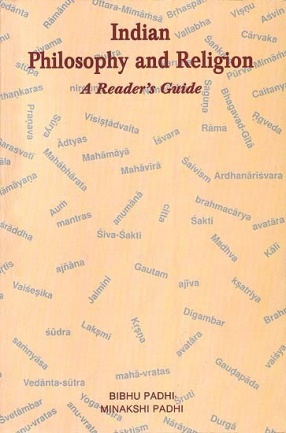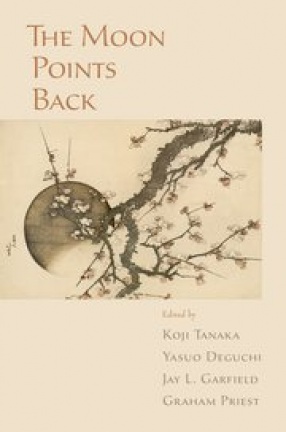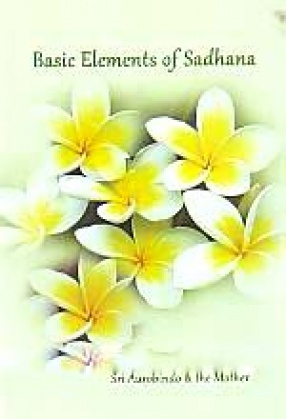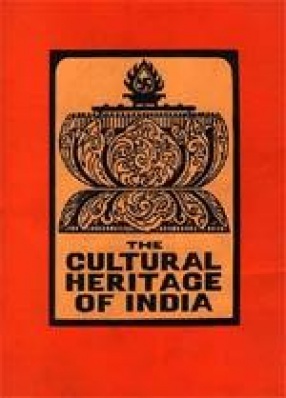Subtotal: $19.95
Indian Philosophy and Religion: A Reader’s Guide
In stock
In India, philosophy and religion are linked intimately, inseparably. Barring the Carvaka’s materialistic school, every other school has concentrated not just on "the spiritual way of life in the here-and-now", but on the "eventual spiritual salvation of man in relation to the universe". However, notwithstanding the centrality of its spiritual concerns, Indian philosophy has not altogether glossed over materialism; rather "it has known it, overcome it, and has accepted idealism as the only tenable view" – whatever specific form that idealism might take: mythological, popular or technical.
Offering a brilliant prefatory discussion on the nature and thematic importance of the Vedas, the Upanisads, and the Bhagavad Gita, Padhis’ book tries to capture India’s fabulous philosophic genius, with comprehensive, at once objective account of all the six classical systems: the Nyaya, the Vaisesika, the Samkhya, the Yoga, the Purva Mimamsa, and the Vedanta; and, in addition, of the Carvakas: the crass materialists. And of their numerous texts and their exponents: classical, medieval, and modern. Also unfolding a panorama of the Hindu pantheonic divinities, the author present Jainism and Buddhism: both as religious and philosophies – with focus on their world-Views of ethics, major doctrines and significant metaphysical theories, among other aspects.

 Flowering Plants and Ferns of Ceylon
Flowering Plants and Ferns of Ceylon 



There are no reviews yet.